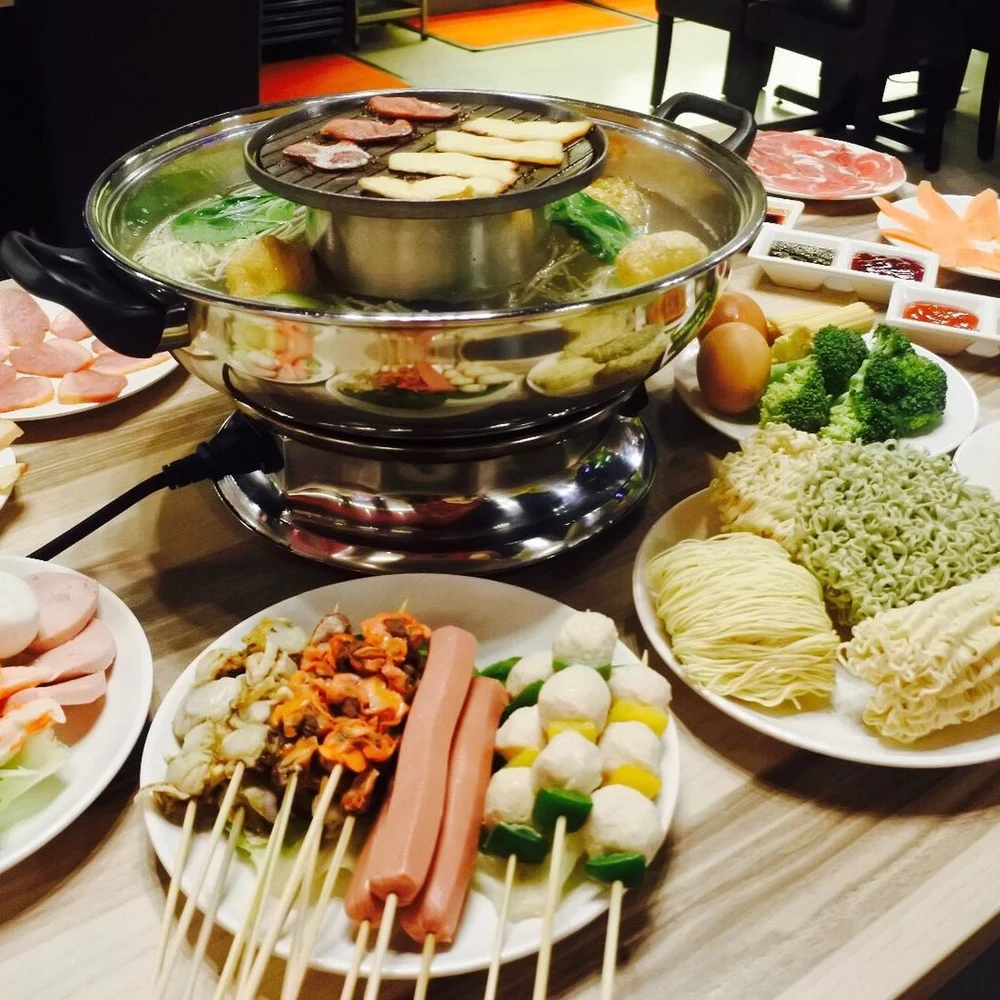Japan, a nation renowned for its rich culture, breathtaking landscapes, and culinary artistry, has in recent years embraced a growing demographic of Muslim travelers and residents. This burgeoning interest has spurred a significant evolution in the availability and accessibility of halal food options, transforming the perception of Japan as a challenging destination for observant Muslims into a more welcoming and diverse culinary haven. While halal food Tokyo Japan stands as the undisputed epicenter of this halal revolution, the influence is steadily expanding across the archipelago.

The Rise of Halal in Japan: A Response to Growing Demand
The increasing number of Muslim tourists, particularly from Southeast Asian countries like Malaysia and Indonesia, coupled with a growing Muslim expatriate community, has been a primary catalyst for Japan’s halal food industry growth. Recognising the substantial economic potential of this demographic, the Japanese government and private sector have actively worked to enhance Muslim-friendly services. This initiative, which began in earnest in the early s, has seen Japan consistently ranked among the top non-OIC (Organisation of Islamic Cooperation) countries for Muslim-friendly travel.
The shift is evident in various sectors. Major airports like Haneda and Narita now boast expanded prayer facilities, as do key railway hubs and tourist attractions. However, the most significant transformation has been in the culinary landscape. From dedicated halal-certified restaurants to Muslim-friendly eateries offering halal menus, the options for discerning Muslim diners have multiplied exponentially. Online platforms and mobile applications have become invaluable tools, allowing users to easily locate halal food in Japan establishments and even scan product barcodes to verify their halal status.

Tokyo: A Halal Foodie’s Paradise
Tokyo, as a global megacity, leads the charge in Japan’s halal food scene. The sheer diversity of its culinary offerings, combined with a concentrated Muslim population and a high volume of international visitors, has fostered a vibrant ecosystem of halal restaurants. You can find a vast array of cuisines catering to Muslim palates, from traditional Japanese fare adapted to halal standards to authentic international dishes.
Popular Halal Dining Experiences in Tokyo:
- Halal Wagyu Yakiniku: For those seeking an authentic Japanese culinary highlight, halal wagyu yakiniku restaurants are a must-try. Establishments like Wagyu Yakiniku Panga in Ueno and Ninja Yakiniku Asakusa offer high-grade A wagyu beef, ensuring a premium dining experience that adheres to halal principles.
- Halal Ramen: Ramen, a quintessential Japanese comfort food, is also widely available in halal versions. Ayam-ya Halal Ramen in Okachimachi and Ramen Honolu in Shibuya are highly popular choices, serving delicious chicken-based broths and halal-certified ingredients.
- Beyond Japanese: Tokyo’s halal food scene extends far beyond traditional Japanese cuisine. You’ll find a rich tapestry of international flavors, including:
- Indian and Pakistani restaurants: Numerous eateries offer authentic curries, biryanis, and tandoori dishes.
- Middle Eastern and Central Asian cuisine: From Turkish delights to Uzbekistani fare, these restaurants provide diverse halal options.
- Southeast Asian specialties: Reflecting the strong ties with Muslim-majority nations in the region, Malaysian and Indonesian restaurants are also prevalent.
- Islam Yokocho (Islamic Street) in Shin-Okubo: This vibrant area in Shinjuku has become a hub for Tokyo’s Muslim community. Lined with halal grocery stores like Barahi Foods & Spice Center and Green Nasco, and restaurants offering a variety of ethnic cuisines, it’s a fantastic place to explore and source halal products.
Beyond dedicated restaurants, many Japanese eateries are increasingly adopting Muslim-friendly practices, which may include offering a specific halal menu, using separate utensils, or ensuring no pork or alcohol is used in designated dishes. While not always fully halal-certified, these efforts demonstrate a growing awareness and willingness to accommodate Muslim diners.
Halal Food Beyond Tokyo: Expanding Horizons
While Tokyo offers the most concentrated halal dining options, the reach of halal food in Japan is gradually extending to other major cities and even regional areas. Osaka, Kyoto, Fukuoka, and Aichi (Nagoya) are significant centers with a growing number of halal restaurants and grocery stores. Cities that attract a considerable number of tourists, such as those near popular sites like Mount Fuji and Nara, are also seeing an increase in Muslim-friendly services.
However, finding halal options outside these major urban centers can still present a challenge. Rural areas and smaller towns may have limited or no dedicated halal establishments. In such cases, Muslim travelers often rely on vegetarian or seafood options, or choose accommodations with kitchenettes to prepare their own meals using ingredients sourced from larger cities or online halal stores that offer nationwide delivery. The presence of mosques and Islamic centers often correlates with the availability of nearby halal food and grocery stores.
Challenges and Opportunities in the Halal Market
Despite the significant progress, the halal food industry in Japan faces certain challenges:
- Lack of Standardized Certification: Unlike some Muslim-majority countries with centralized halal certification bodies, Japan has multiple private organizations offering halal certification. This can lead to confusion and inconsistency in standards, making it challenging for businesses to navigate the process and for consumers to easily verify the halal status of products.
- Awareness and Understanding: While awareness is growing, there’s still a need for greater understanding of Islamic dietary laws and halal requirements among the broader Japanese population and food businesses. Misconceptions about halal can hinder adoption and expansion.
- Cost and Sourcing: Obtaining halal certification can be costly and time-consuming for businesses. Additionally, sourcing consistently halal-certified ingredients, especially meat, can be more expensive and logistically complex due to the smaller scale of demand compared to non-halal ingredients.
- Cross-Contamination Concerns: Even in Muslim-friendly establishments, the potential for cross-contamination with non-halal ingredients or equipment can be a concern for strict adherents.
Despite these hurdles, the opportunities for growth in Japan’s halal market are immense. The increasing global Muslim population and a growing appetite for international travel mean that Japan, with its unique appeal, will continue to attract Muslim visitors. Strategies to further enhance the halal food landscape include:
- Standardization and Collaboration: Greater collaboration among halal certification bodies and the development of more streamlined, cost-effective certification processes could encourage wider adoption by Japanese businesses.
- Education and Training: Educational initiatives for restaurant owners, chefs, and food industry professionals on halal principles and practices can build confidence and competency.
- Supply Chain Development: Investing in and strengthening the domestic halal supply chain, from farming to processing and distribution, can help reduce costs and improve accessibility.
- Digital Innovation: Continued development of user-friendly apps and online platforms can empower Muslim travelers to easily find and verify halal options, regardless of their location in Japan.



